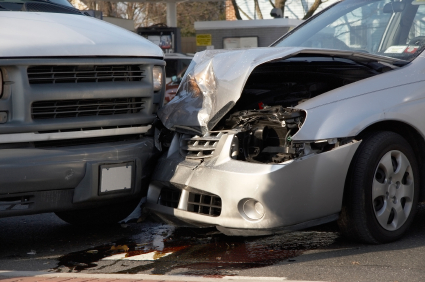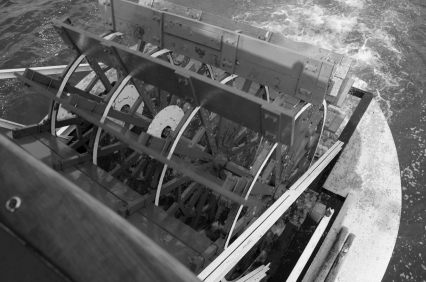Performance Car Insurance and the Car Lover
What cars need performance car insurance, the options available and what you can do to increase your odds of getting coverage.
It is said that Americans have a love affair with vehicles. And there is usually none more desired than the elusive performance car.
We love the look, the smooth feel of the body and the way our heart beat resets itself when the engine is revved.
But, what cars actually qualify as being labeled as a performance car and with how expensive these cars are, how does the owner make sure that they have performance car insurance?
What Cars Need Performance Car Insurance
Cars that qualify as a performance cars all have one thing in common, a high performance engine. So if you have a car that is all souped-up on the outside, has a killer paint job and modifications to the body, but the engine belongs in a station wagon…you don’t have a performance car.
Performance cars have high horsepower engines (more so than a normal car), possible super or turbo chargers, can rev higher than a normal car and has specialized braking and suspension installed to handle the higher performance engine.
Performance Car Insurance Options
Insurance companies have a love-hate relationship with these cars. They love it because it brings them the prestige of saying that they insure a higher class of car and also the premiums that a performance car can possible bring in for them. On the other hand they hate them because if they have to pay out on a performance car claim, it is going to be exponentially higher than a claim that involved a regular vehicle.
Because of this insurance companies usually take one of two routes with performance car insurance. One, the owner has the option to insure the vehicle the same way a classic car is insured. This means that they have a cap on how much mileage can be put on the vehicle over the course of the year and the vehicle has to be kept in locked storage when not in use.
Two, the high performance vehicle is insured in a high risk market. This doesn’t mean that the driver is a bad risk like most of the other drivers in this market are. It just means that the insurance company feels that insuring a high performance vehicle, due to the high expense it would incur if damaged, is a high risk for them and they require a higher premium to be able to insure it.
Avoiding Roadblocks to Getting Performance Car Insurance
A performance car owner can do a number of things to make themselves more attractive to insure and also possibly keep their premiums at a decent level at the same time.
- Wait to buy a performance car until you are 30 or older – the older more mature driver is a safer insurance risk for a company to take.
- Make sure that your performance car is street legal- this means all safety equipment such as headlights, windshield wipers, a horn, etc., are all installed.
- Don’t add modifications that an insurance company cannot inexpensively replace if damaged- consult an insurance agent with the list of modifications you have added to your vehicle when getting a quote. Some modifications will automatically get you an insurance denial by some companies.
- Keep your driving record clean
- Install an anti-theft device
All of these precautions may make insuring a performance car a little less costly when the insurance bill comes due.





